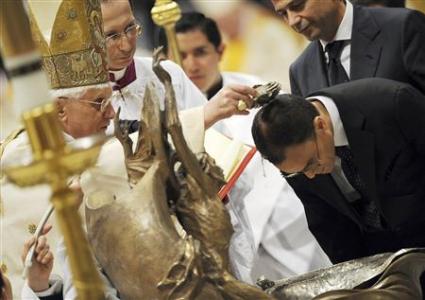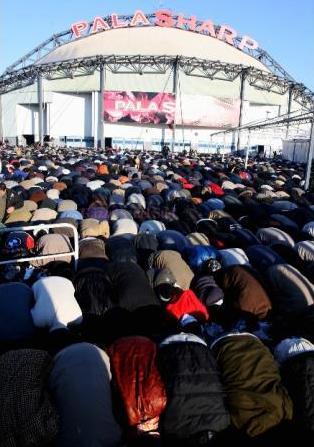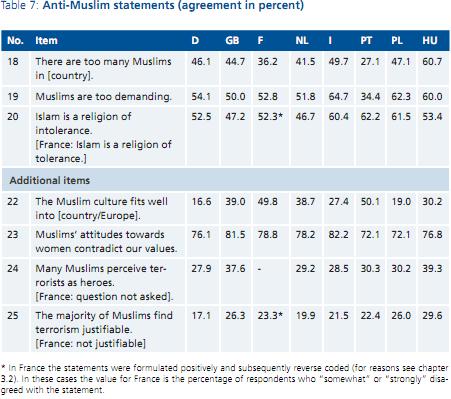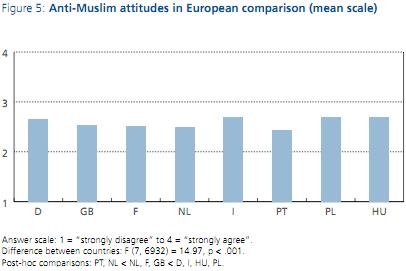Six European far-right parties joined forces Thursday to combat immigration and European bureaucracy ahead of 2014 elections, French newspaper Liberation reported.
The parties, which include France’s Front National, are teaming up against two common enemies: Brussels and Islam, the newspaper said. The Netherlands’ PVV, Belgium’s Vlaams Belang, Italy’s Liga Norte, Swedish democrats and Austria’s Freedom Party met at a hotel in Vienna to discuss the outlines of their collaboration.
The meeting happened in secret so as not to attract the attention of possible demonstrators, the paper said, and to be able to devote their time to strategizing about the future of the far-right in Europe.
But Andreas Mölzer, the organizer of the meeting and an Austrian member of the European Parliament, confirmed the meeting took place. “The points that unite us are more important than those that separate us,” he told Liberation.
The National Front declined to comment for this story.
Vlaams Belang’s Filip Claeys told Flemish newspaper De Morgen he would join the meeting the next day. “We are going to define a number of themes tomorrow to go to voters together,” Claeys said. “Think migration and the extension of the European Union.”
The politicians aim to form a political party in the European Parliament, the newspaper reported, for which they need 25 representatives from seven countries. They also wish to draw up a common list of issues to address in parliament, as well as smooth over their differences from the past.



 Less than a week ahead of a run-off vote in a bitterly contested mayoral race in Milan, Italian Prime Minister Silvio Berlusconi on Monday accused the opposition centre-left of wanting to turn the northern Italian city “Islamic”, overrun by Roma and foreigners.
Less than a week ahead of a run-off vote in a bitterly contested mayoral race in Milan, Italian Prime Minister Silvio Berlusconi on Monday accused the opposition centre-left of wanting to turn the northern Italian city “Islamic”, overrun by Roma and foreigners.

 A small town in Italy has banned women from wearing burqas and face veils, making it the first time such a law has been passed in the country. Sesto San Giovanni, a small town on the edge of Milan, has made national headlines after it decided to ban women from wearing burqas.
A small town in Italy has banned women from wearing burqas and face veils, making it the first time such a law has been passed in the country. Sesto San Giovanni, a small town on the edge of Milan, has made national headlines after it decided to ban women from wearing burqas.